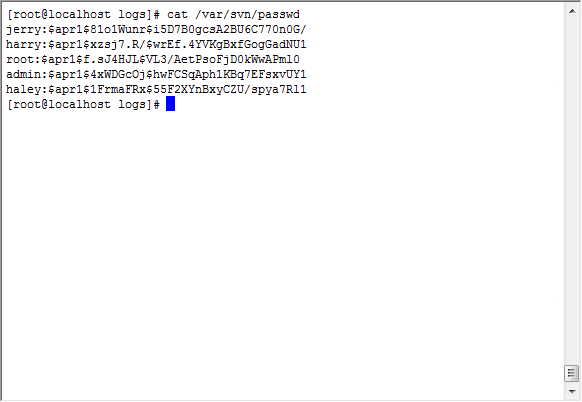Understanding SBA 7(a) Loan Collateral Requirements for Small Business Financing
#### SBA 7(a) Loan Collateral RequirementsWhen it comes to securing financing for your small business, understanding the SBA 7(a) loan collateral requiremen……
#### SBA 7(a) Loan Collateral Requirements
When it comes to securing financing for your small business, understanding the SBA 7(a) loan collateral requirements is crucial. The SBA 7(a) loan program is one of the most popular options for small business owners seeking funds for various purposes, including working capital, equipment purchases, and real estate acquisition. However, the process of obtaining these loans involves meeting certain criteria, one of which is providing adequate collateral.
Collateral is an asset that a borrower offers to a lender to secure a loan. If the borrower defaults on the loan, the lender has the right to seize the collateral to recover their losses. In the case of the SBA 7(a) loan collateral requirements, the SBA does not mandate specific collateral types, but lenders typically require collateral to mitigate risk.
#### Types of Collateral

The types of collateral that can be used for an SBA 7(a) loan include real estate, equipment, inventory, and accounts receivable. Real estate is often the most valuable form of collateral, as it can significantly reduce the lender's risk. Equipment and inventory can also be leveraged, especially for businesses that rely heavily on physical assets. Accounts receivable can be used as collateral as well, representing the money owed to the business by its customers.
#### Collateral Valuation
It is essential to understand that not all collateral is valued equally. Lenders typically assess the market value of the collateral and may apply a discount to determine the amount they will lend against it. For instance, real estate might be valued at 80% of its market value, while equipment could be valued at 50%. This conservative approach helps lenders safeguard their investments.
#### Personal Guarantees

In addition to physical collateral, many lenders require personal guarantees from business owners. A personal guarantee is a legal commitment that holds the business owner personally responsible for repaying the loan if the business cannot. This adds another layer of security for lenders and can sometimes offset the need for extensive collateral.
#### Importance of Collateral
The SBA 7(a) loan collateral requirements serve a vital purpose in the lending process. They not only protect the lender's investment but also demonstrate the borrower's commitment to the business. Providing collateral can improve the chances of loan approval, especially for startups or businesses with limited credit history. It signals to lenders that the borrower has skin in the game and is serious about repaying the loan.
#### Conclusion

In summary, understanding the SBA 7(a) loan collateral requirements is essential for small business owners looking to secure financing. By being prepared with the right types of collateral and understanding the valuation process, borrowers can enhance their chances of obtaining the necessary funds to grow their businesses. Whether you are considering real estate, equipment, or other assets, knowing how to leverage collateral effectively can make a significant difference in your loan application process. Always consult with a financial advisor or lender to ensure you meet all requirements and present the best possible case for your SBA 7(a) loan application.